Courses

The Do-it-All Director's Introduction to Set Design
by Holly Beardsley

Preventing Pandemonium: Part 1
by Maria Smith

SEL Through the Lens of Theatre
by Christa Vogt
Units

What is Theatre?
by Karen Loftus
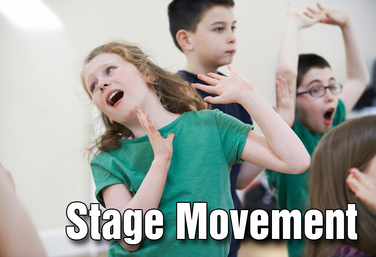
Stage Movement
by Karen Loftus
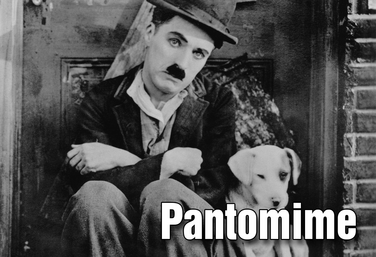
Pantomime
by Karen Loftus

Voice
by Karen Loftus
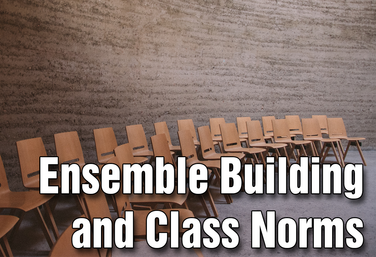
Unit One: Ensemble Building and Class Norms
by Lindsay Johnson
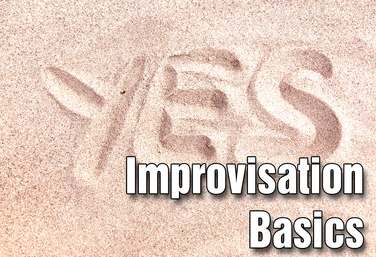
Unit Two: Improvisation Basics
by Lindsay Johnson
Lesson Plans
00 - Emergency Lesson Plans Ebook
by Lindsay Price
Resources
Improv Warm Up Games
Last Minute Sub Solutions
Monologue Packet
New Drama Teacher Toolkit
00 - Scenes for Classroom Study eBook
Emergency Lesson Plans eBook
PLCs
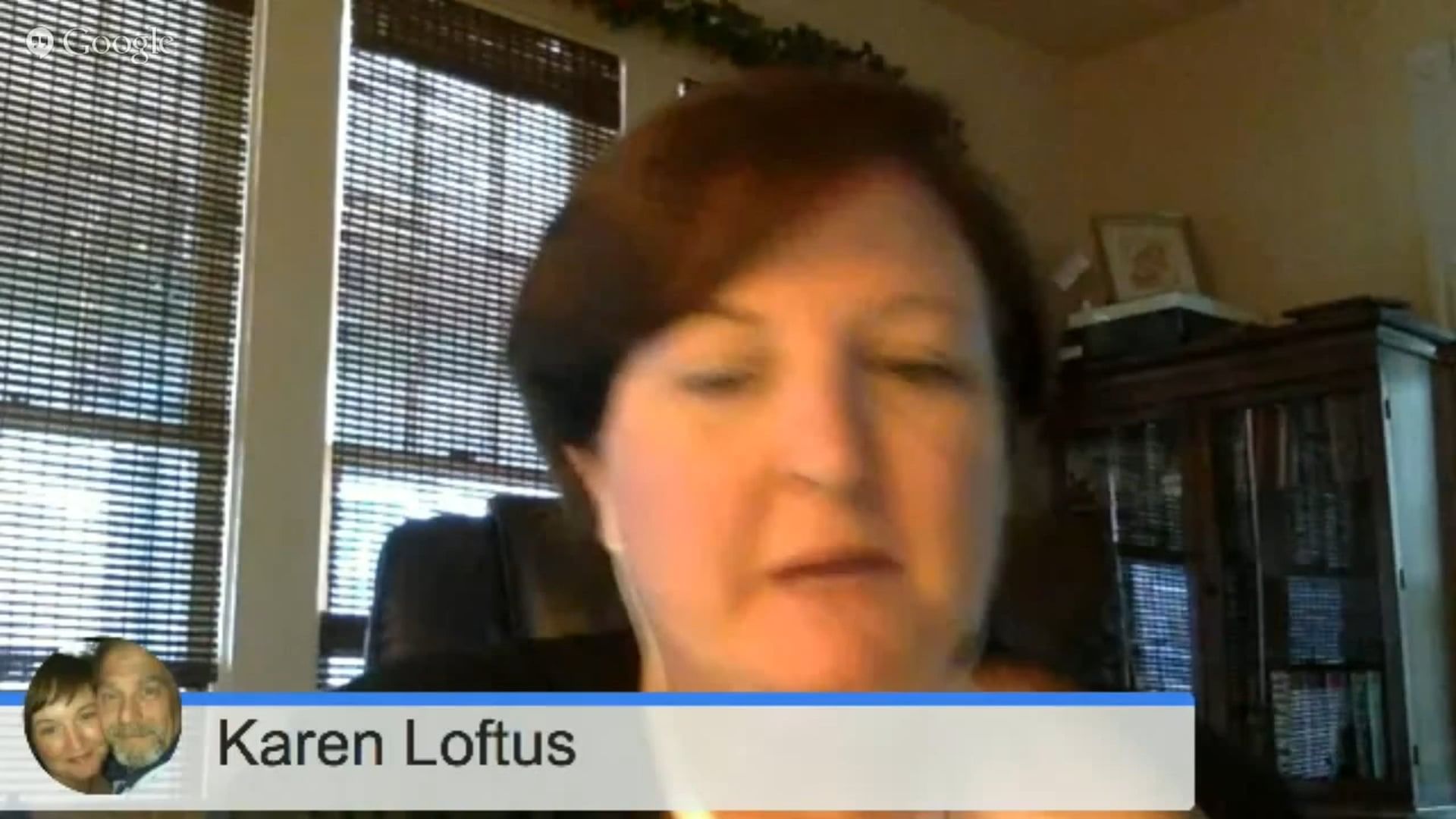
School Startup - Session One
Hosted by Karen Loftus, Matt Webster, and Jennine Profeta

Class Size: Too Big / Too Small
Hosted by Lindsay Price, Matt Webster, Steven Stack, Jeremy Bishop

Setting up your classroom for the year
Hosted by Matt Webster, Lindsay Price, Lea Marshall, Maria Smith

Theatre History
Hosted by Matt Webster, Lindsay Price, Lea Marshall, Wendy-Marie Martin

Monologues
Hosted by Matt Webster, Lindsay Price, Matt Banaszynski, Gai Jones

AI in the Drama Classroom
Hosted by Matt Webster, Lindsay Price, Jessica McGettrick, Elizabeth Holbrook